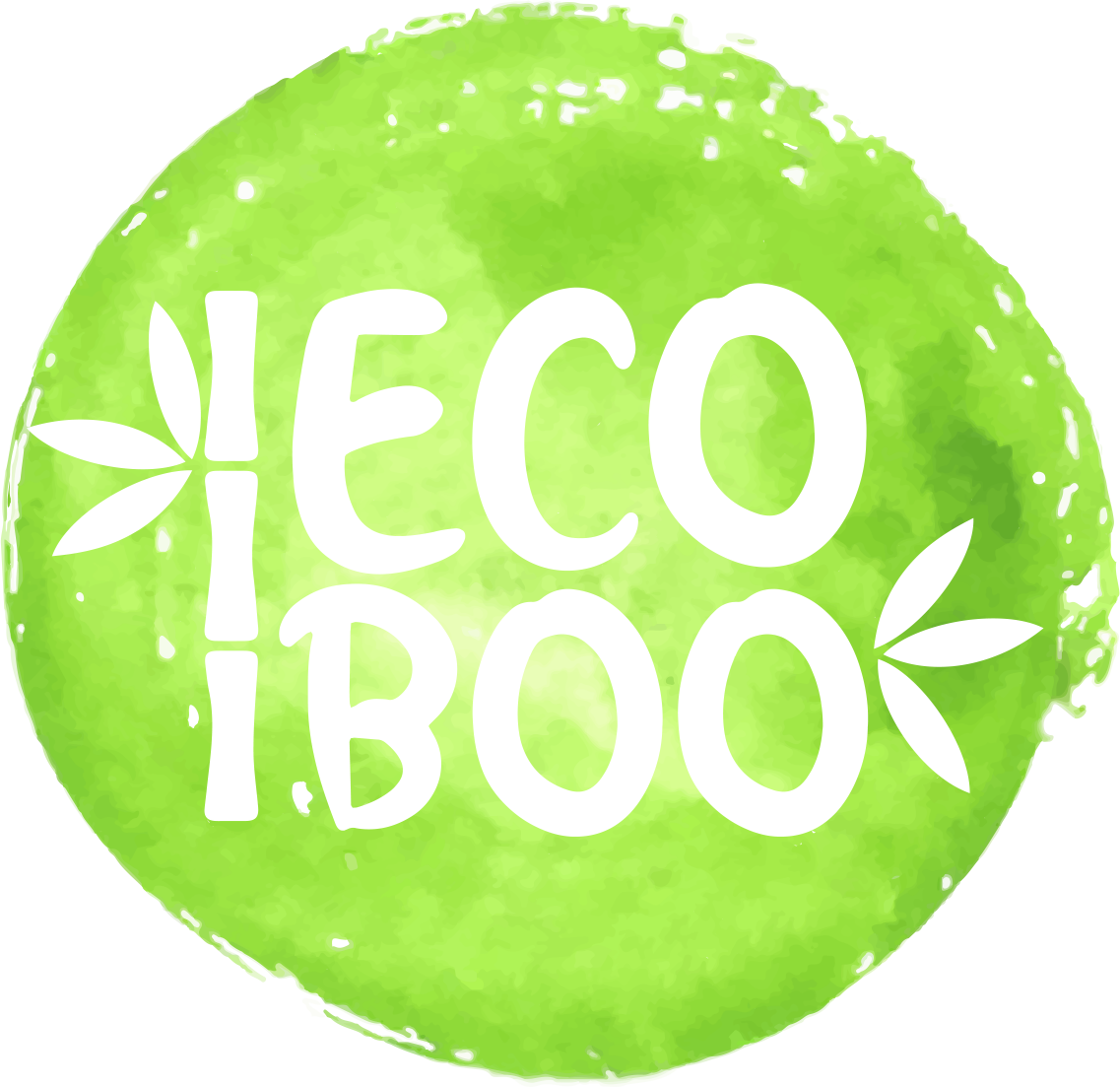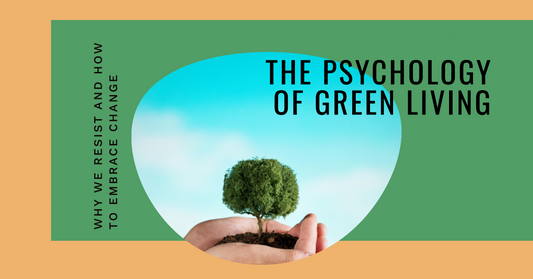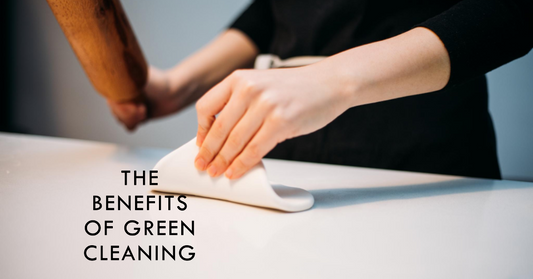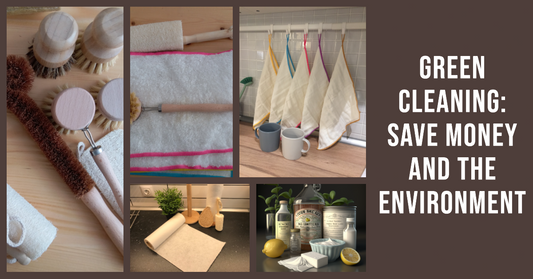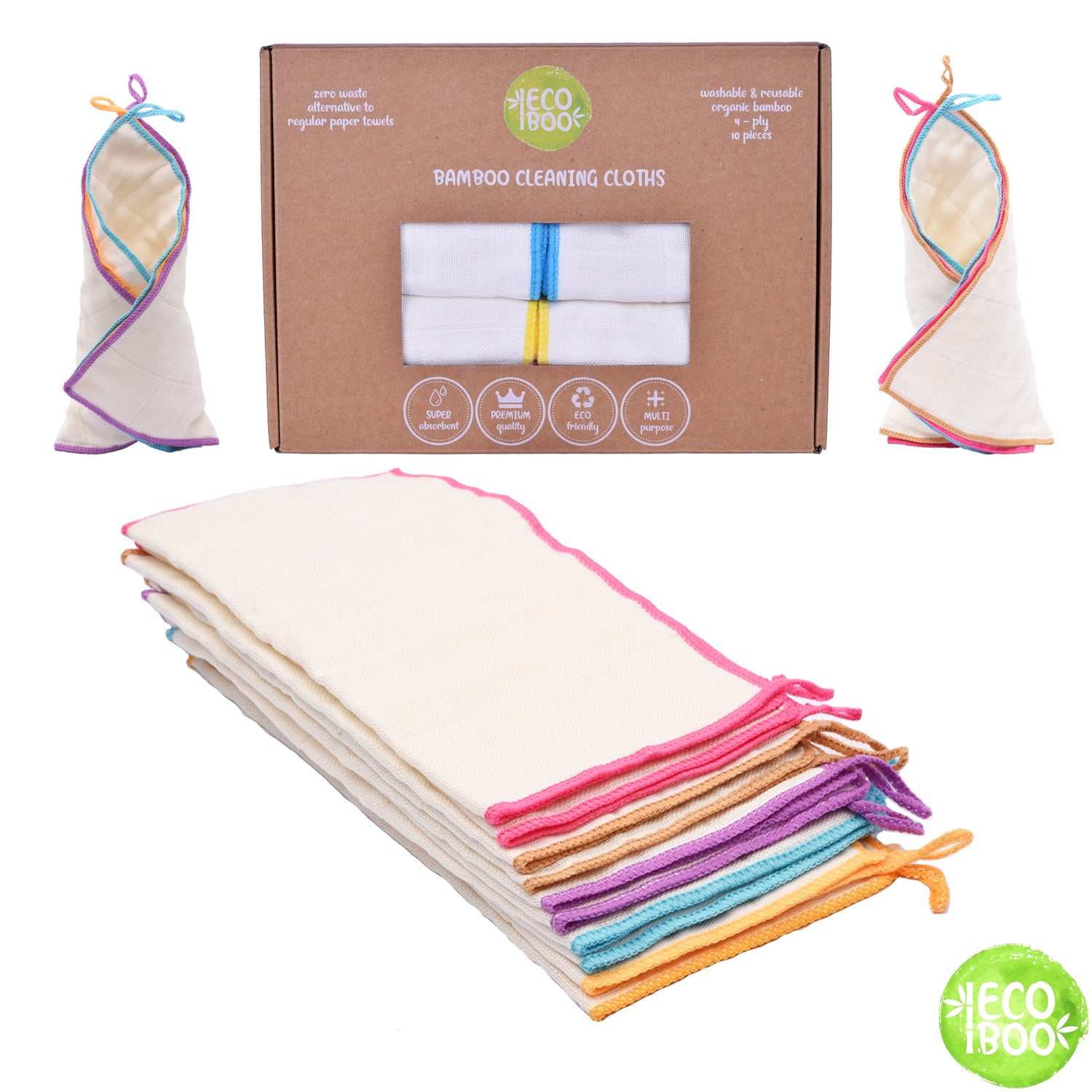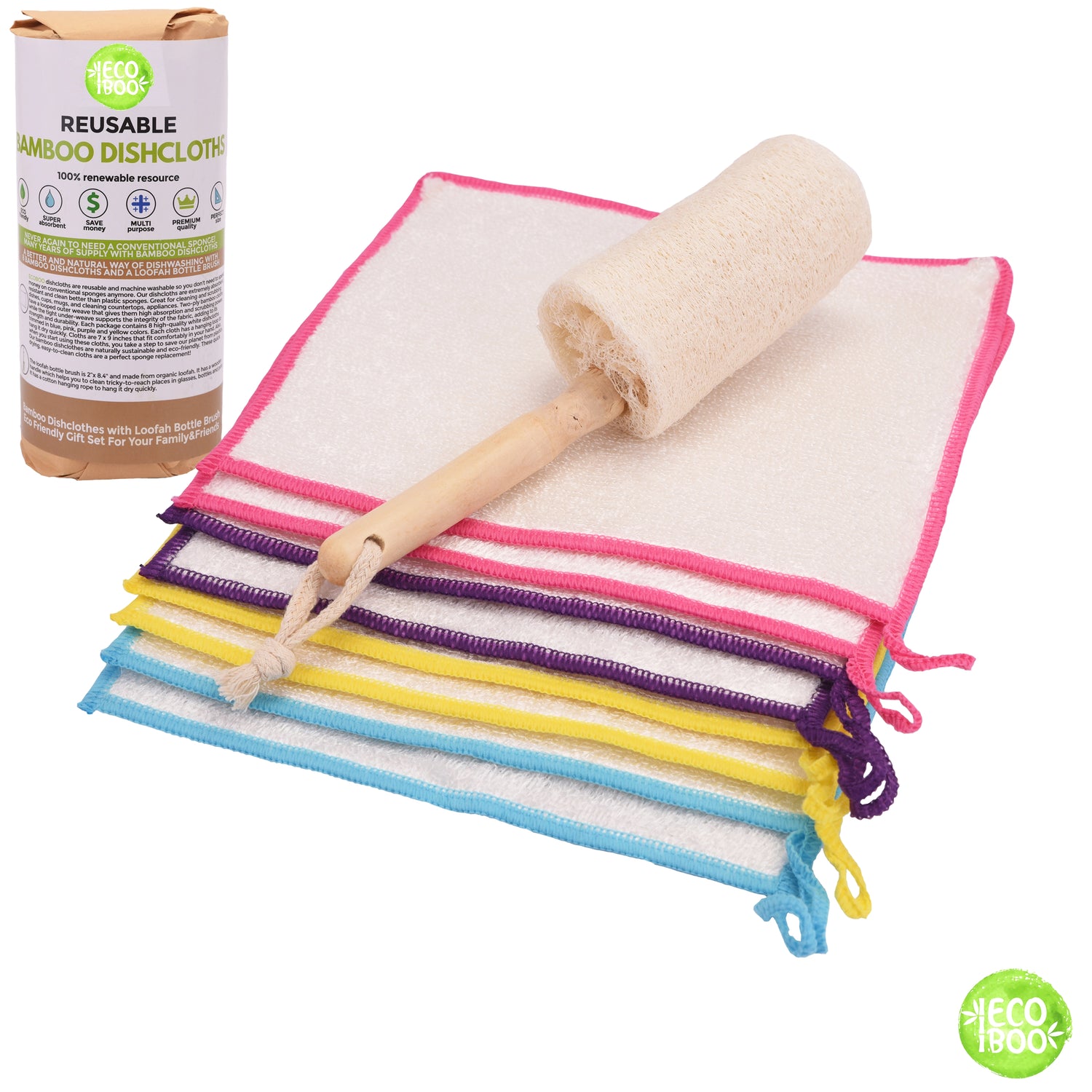Introduction
In the era of conscious consumerism, the quest for sustainable living has never been more critical.
One material that has emerged as a beacon of sustainability is bamboo.
This blog post will delve into the science behind bamboo, exploring its unique properties and why it's considered a sustainable choice.
We'll discuss:
- The nature and characteristics of bamboo
- The rapid growth rate of bamboo and its implications for sustainability
- The Role of Bamboo in carbon sequestration and Its Impact on climate change
- The versatility of bamboo and its myriad uses
- The sustainable practices involved in bamboo production
- A comparison of bamboo and traditional wood in terms of environmental impact
- The future prospects of bamboo in promoting sustainable living
What is Bamboo?
Bamboo, often mistaken for a tree due to its towering height and woody stem, is actually a type of grass.
It's found in diverse climates around the world, from the cold mountainous regions of the Himalayas to the hot tropical areas of Africa.
However, it's most commonly associated with Asia, where it's been used for thousands of years for everything from food to construction and textiles.
Today, bamboo's applications have expanded even further, finding its way into innovative products like reusable paper towels.
The Rapid Growth of Bamboo

Bamboo's sustainability credentials are largely due to its astonishing growth rate.
Some species of bamboo hold the record for the fastest-growing plants in the world, capable of growing up to 3 feet in 24 hours under optimal conditions.
This rapid growth rate means that bamboo forests can regenerate much faster than traditional hardwood forests.
This quick regeneration makes bamboo a highly renewable resource, ensuring a continuous supply without the risk of deforestation.
Bamboo and Carbon Sequestration
Beyond its rapid growth, bamboo plays a crucial role in carbon sequestration, a process vital for mitigating climate change.
Carbon sequestration involves the capture and storage of atmospheric carbon dioxide, one of the primary greenhouse gases contributing to global warming.
Bamboo, with its fast growth and extensive root system, is exceptionally efficient at sequestering carbon, absorbing more carbon dioxide per unit area than many tree species.
This makes bamboo a powerful tool in the fight against climate change.
The Versatility of Bamboo
Bamboo's sustainability is further enhanced by its versatility.
This remarkable plant can be transformed into a plethora of products, from construction materials and textiles to paper and cleaning products.
For instance, at Ecoboo, we harness the power of bamboo to create eco-friendly products like reusable dishcloth sets and bamboo reusable towels.
This versatility reduces the demand for less sustainable materials, promoting a more circular economy where resources are used and reused to their fullest extent.
The Sustainability of Bamboo Production

The production process of bamboo also underscores its sustainability.
Unlike hardwood trees that die once harvested, bamboo can be cut without killing the plant, allowing it to regrow quickly.
This means that a bamboo forest can be harvested repeatedly without causing ecological damage.
Furthermore, bamboo is naturally resistant to pests, reducing the need for harmful pesticides.
It also requires minimal fertilizers, further lessening its environmental impact.
Bamboo vs. Traditional Wood: A Comparison
When compared to traditional wood, bamboo comes out on top in terms of sustainability.
The production of bamboo products has a lower environmental impact than the production of wood products, primarily due to bamboo's rapid growth and regenerative abilities.
Additionally, bamboo can be harvested in a way that supports healthy ecosystems, providing habitat for wildlife and helping to maintain soil stability.
By contrast, traditional wood harvesting often leads to deforestation, a major driver of biodiversity loss and climate change.
Why is Bamboo Considered Sustainable?

Bamboo is considered sustainable for several reasons. Its rapid growth rate allows for frequent harvesting without causing damage to the ecosystem.
Unlike hardwood trees, bamboo regrows after harvesting and reaches maturity much faster, making it a highly renewable resource.
Moreover, bamboo plays a significant role in carbon sequestration, absorbing carbon dioxide and releasing oxygen into the atmosphere, which helps mitigate climate change.
What are the Sustainable Benefits of Bamboo?
The sustainable benefits of bamboo are numerous.
It's a renewable resource that regenerates quickly, helps in carbon sequestration, and it requires minimal pesticides and fertilizers.
Additionally, bamboo's versatility means it can replace less sustainable materials in a wide range of products, from construction materials to textiles and cleaning products.
Why is Bamboo a Better Choice than Hardwood from a Sustainability Point of View?
From a sustainability perspective, bamboo is a better choice than hardwood because it grows and regenerates much faster, allowing for sustainable harvesting.
Bamboo can be harvested in three to five years, compared to hardwood trees which can take 20 to 50 years to mature.
Additionally, bamboo's ability to sequester carbon is higher than many hardwood species, and its cultivation requires fewer pesticides and fertilizers.
Is Bamboo 100% Environmentally Friendly?
While bamboo has many environmental benefits, no material is 100% environmentally friendly.
The production and transportation of bamboo products still require energy and result in emissions.
However, compared to many other materials, bamboo's impact is significantly lower, making it a much more environmentally friendly option.
Is Bamboo the Most Sustainable?
Bamboo is one of the most sustainable materials due to its rapid growth, regenerative properties, and carbon sequestration abilities.
However, sustainability also depends on factors like production methods, transportation, and end-of-life disposal.
Therefore, while bamboo is highly sustainable, it's essential to consider the entire lifecycle of the product.
What Does Bamboo Give Back to the Ecosystem?

Bamboo gives back to the ecosystem in several ways.
It improves soil quality by preventing erosion, provides habitat for a variety of wildlife, and it contributes to air quality by absorbing carbon dioxide and releasing oxygen.
Is Bamboo Sustainable for the Future?
Bamboo is indeed sustainable for the future.
Its rapid growth and regenerative properties make it a renewable resource.
As we continue to innovate and find new uses for bamboo, it's likely to play an increasingly important role in sustainable living and green industries.
What are the Pros and Cons of Bamboo?
The pros of bamboo include its rapid growth, carbon sequestration abilities, versatility, and sustainability of its production.
It's a renewable resource that requires minimal pesticides and fertilizers, and it can replace less sustainable materials in a wide range of products.
The cons of bamboo primarily relate to its production and transportation.
While bamboo itself is highly sustainable, the energy used in manufacturing and transporting bamboo products can impact its overall environmental footprint.
Additionally, not all bamboo is grown and harvested sustainably, so it's important to choose products from companies that prioritize sustainable practices.
The Future of Bamboo
The future of bamboo looks promising. With its numerous environmental benefits and its potential for increased use in various industries, bamboo is set to play a key role in the shift towards more sustainable living. From reusable kitchen towels to loofah sponges, the possibilities are endless. As more people become aware of the need for sustainable choices, the demand for bamboo products is likely to grow, further driving innovation in this field.
To provide a more in-depth understanding of bamboo, its cultivation, and its uses, we've included a video tour of a bamboo grove. This video, hosted by Nature's Always Right, covers growing techniques, varieties, edible vs timber bamboo, how to get rid of it naturally, propagation, using it for animals, and much more!
Conclusion
In conclusion, bamboo is a sustainable choice due to its rapid growth rate, its role in carbon sequestration, its versatility, and the sustainability of its production.
By choosing bamboo products, you're not only making a choice that's good for you but also one that's good for the planet.
For more information on sustainable living, check out our other blog posts on green cleaning and sustainable home decor.
